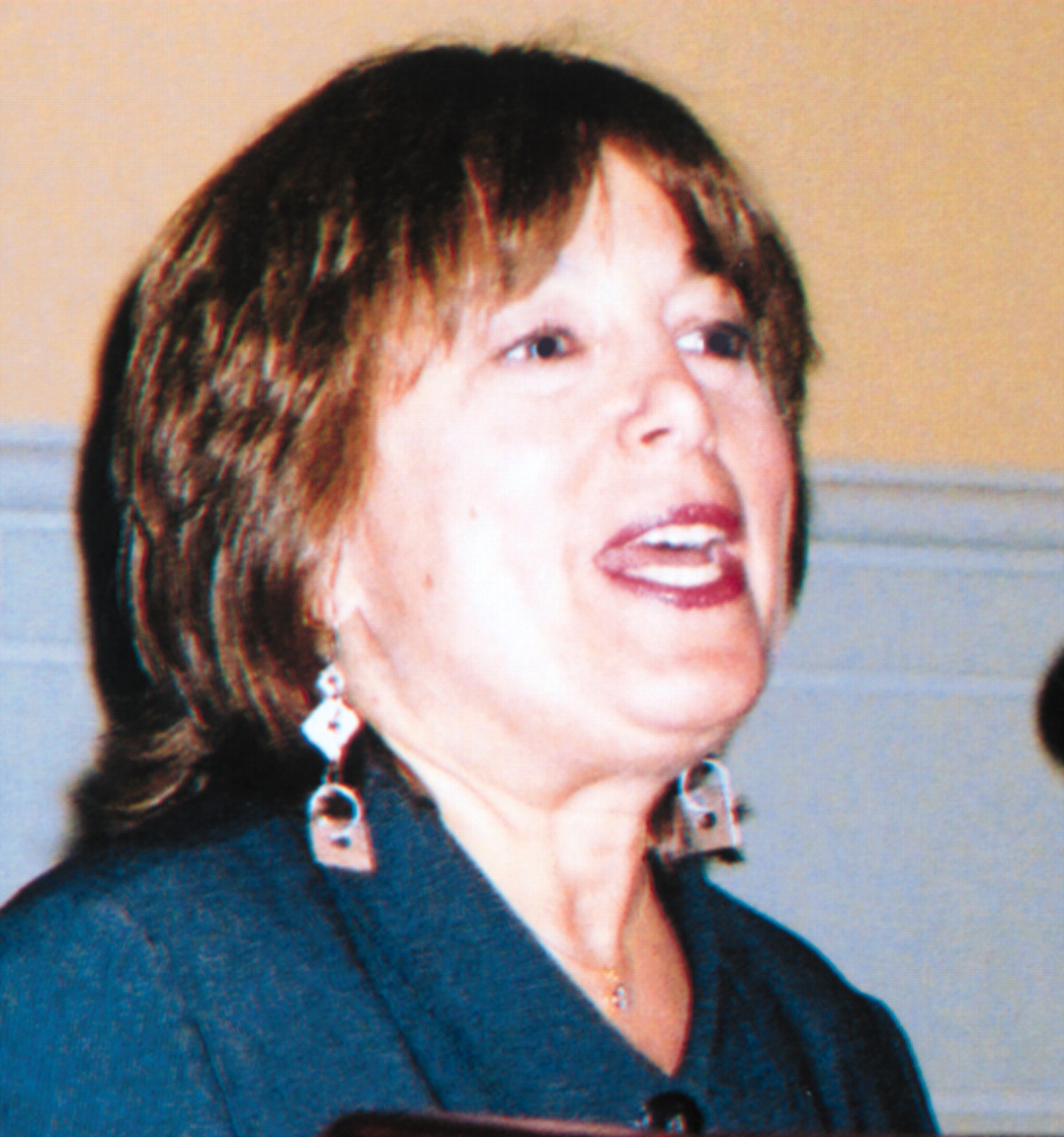Converging Forces About to Reshape Psychiatry Training
In the 30 years since Richard Harding, M.D., was a psychiatry resident, he has had a distinguished career as a clinician, teacher, and administrator, and he just completed a year as APA president. But what he would really like is to be a resident all over again.
Residents training in psychiatry over the next few years “are going to see astounding things,” he told a large gathering at the Presidential Symposium at APA’s 2002 annual meeting in Philadelphia in May, and a few of those developments are likely to cause dramatic changes in the way psychiatry is practiced. But for residents to make the most use of what they learn, psychiatric educators will have to rethink the methods and goals that guided their training in the last century, Harding said.
In the past, “knowledge half-life was measured in decades instead of months,” he stated. From here on, clinical competence for psychiatrists will have to be a continuing education process that will be measured “throughout the professional life cycle.”
Psychiatrists in the 21st century “will need to be taught to manage constructive change and not resist change,” Harding stressed. Educators and other leaders in psychiatry will need to ensure that they “foster professionalism in residency and medical school and throughout the life cycle and become advocates for quality care to government, public institutions, and, yes, insurance companies.”
He called on psychiatric educators to teach psychiatrists to be “informed, scientifically grounded clinicians who use and advocate for effective treatment choices based on scientific data and clinical experience.
“Prepare us,” he said, “to deal effectively with the forces that complicate providing that which is in the patient’s best interest, such as the growing commercialism in medicine, the loss of doctor autonomy, and an outcomes movement that ignores the doctor-patient relationship in favor of nothing but objective data.”

Carol Bernstein, M.D.: Programs that do an excellent job of training residents in both pharmacology and psychodynamics are “not the norm.”
The knowledge base in psychiatry is expanding so quickly that a major challenge for educators is “how to incorporate clinically relevant material” into residency curricula. Programs that do an excellent job of training residents in both pharmacology and psychodynamics are, unfortunately, “not the norm,” and medical students gravitate to programs that stress one or the other, noted Bernstein, who is also APA’s treasurer.
Residency programs may also need to find a strategy to incorporate training in psychiatric subspecialties. The Accreditation Council for Graduate Medical Education (ACGME) and the Residency Review Committee in Psychiatry are moving to require residents to have skills in areas such as geriatric and forensic psychiatry, but they have not made it clear how programs can incorporate such additional content into four-year residency programs, Bernstein said. In the future, “it may be almost impossible” to adhere to the traditional residency time frame, she added.
Psychiatry—like the rest of medicine—is also being forced to deal with the “competencies” movement, which is being driven in large part by the health care system, she noted. The conundrum for medical educators, however, is that while this prompts a need for “more real-time supervision,” additional faculty time to accomplish this is rarely reimbursable under the existing system.
The goal of the “competency movement” is not to prepare doctors for a single event or exam, but to get them to view competency as “a habit,” stated Donald Leach, director of the ACGME.
The push to require demonstrated competencies arose from several issues, Leach said, including public concerns about medical safety, variable patterns of care that aren’t based on science, and complaints about “poor customer service.” The competency-measurement system that the ACGME has put in place gives residency programs “the flexibility to adapt to a harsh educational environment” and evaluates “actual rather than potential education,” he explained. “Whatever we measure, we tend to improve. . . . What we attend to and how we attend to it define who we are.”
And unavoidable, Bernstein stressed, is the influence of managed care on medical education and its continuing pressure on psychiatry training in particular.
The industry’s reimbursement policies end up depriving residents of valuable clinical experience, because companies refuse to credential residents to treat insured patients and will pay for care only when a supervisor is present with the resident, she said.
Managed care also compromises training by its strategy of “using psychiatrists as medicators” and relying on psychologists and social workers to conduct psychotherapy, Bernstein said.
As residency directors devise ways to respond to all of these forces, they also will have to ensure that residents leave training with the expertise to treat a patient population that is growing more culturally and ethnically diverse, she emphasized.
Adapting to a changed training environment depends, however, on finding and training considerably more clinical faculty, she said. Yet unless academic and professional requirements are altered to reward teachers, success will be elusive.
“We have done a poor job of mentoring and faculty development,” she said, and of “teaching teachers to teach.” ▪



